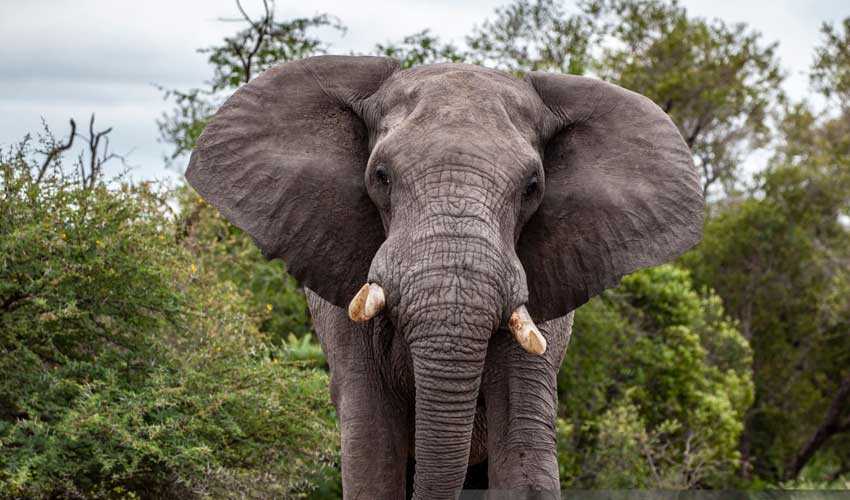A Sri Lankan passenger train derailed on Thursday after crashing into a herd of elephants, killing six of them but causing no injuries to passengers.
The incident took place near a wildlife reserve in Habarana, about 180 kilometers east of the capital, Colombo, before dawn.
Videos from the scene showed a heartbreaking moment where one elephant stood over an injured calf lying beside the tracks, their trunks intertwined. Government spokesman and media minister Nalinda Jayatissa confirmed that among the six elephants killed, three were baby elephants.
“Elephants being hit by trains is not uncommon, but this case is drawing special attention due to the high number of casualties,” Jayatissa told reporters. Local police reported that two other elephants suffered serious injuries.
The Sri Lankan government is working on new measures to prevent train accidents involving wild animals, particularly elephants, in the island’s jungle regions. However, Jayatissa admitted that despite previous measures such as reducing train speeds, these efforts have failed to prevent collisions.
Elephants are considered national treasures in Sri Lanka due to their cultural significance in Buddhism, and harming them is a criminal offense. The country is home to an estimated 7,000 wild elephants.
This is not the first time elephants have been killed in train accidents. In August 2016, three elephant calves and their mother were struck and killed by an express train in Cheddikulam. In September 2018, another train in Habarana killed two baby elephants and their pregnant mother.
Following these incidents, train drivers were ordered to slow down in areas where elephants are commonly found. However, Thursday’s tragedy highlights that the problem persists.
The deaths of these elephants have reignited concerns over human-wildlife conflict, particularly as elephant habitats shrink due to human encroachment. Sri Lanka’s deputy environment minister, Anton Jayakody, revealed that in 2023 alone, 150 people and 450 elephants were killed in such conflicts.
To tackle this growing issue, the government is considering new deterrents such as electric fences, trenches, and other barriers to prevent elephants from straying into human settlements.
Additionally, a recent study published in the Journal of Threatened Taxa found that Asian elephants mourn and even bury their dead calves in a manner similar to human funerals.
Recognized as an endangered species by the International Union for Conservation of Nature (IUCN), the global population of Asian elephants is estimated at around 26,000, mainly in India and Southeast Asia. In the wild, they have a lifespan of 60 to 70 years.



